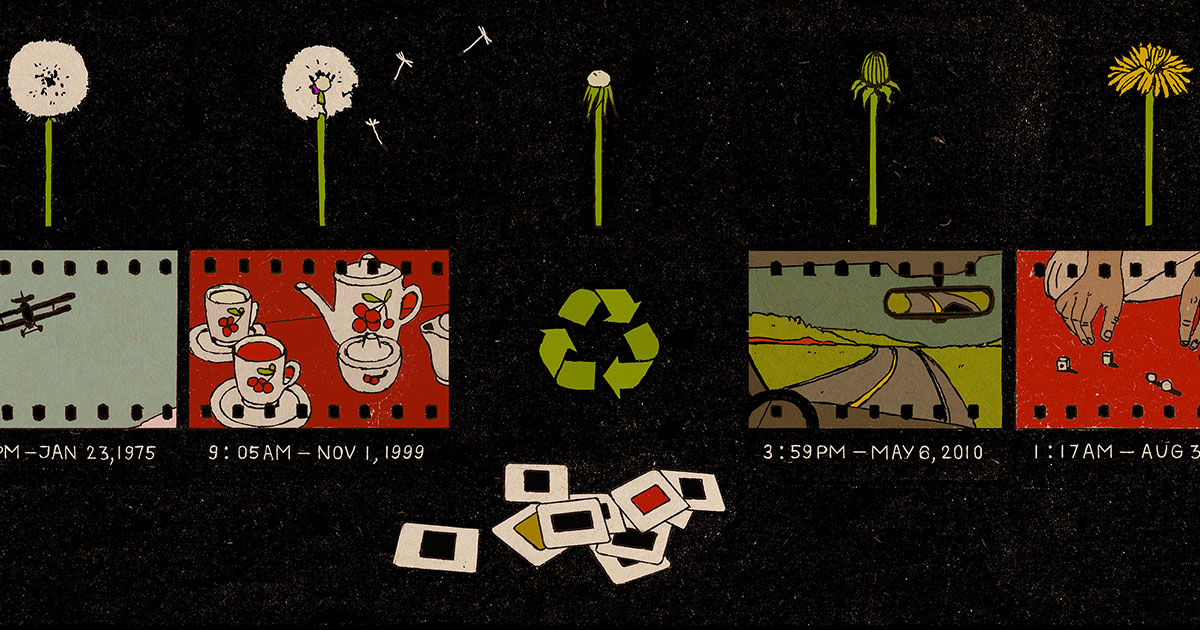Learn about brain health and nootropics to boost brain function
To Remember, the Brain Must Actively Forget

Decades of research have focused on how the brain acquires information, resulting in theories that suggest short-term memories are encoded in the brain as patterns of activity among neurons, while long-term memories reflect a change in the connections between neurons.
What hasn’t received nearly as much attention from memory researchers is how the brain forgets. “The vast majority of the things that are happening to me in my life — the conscious experience I’m having right now — I’m most likely not going to remember when I’m 80,” said Michael Anderson, a memory researcher at the University of Cambridge, who has been studying forgetting since the 1990s. “How is it that the field of neurobiology has actually never taken forgetting seriously?”
“Without forgetting, we would have no memory at all,” said Oliver Hardt, who studies memory and forgetting at McGill University in Montreal. If we remembered everything, he said, we would be completely inefficient because our brains would always be swamped with superfluous memories. “I believe that the brain acts as a promiscuous encoding device,” he said, noting that at night many people can recall even the most mundane events of their day in detail, but then they forget them in the following days or weeks.
The reason, he thinks, is that the brain doesn’t know straight away what is important and what isn’t, so it tries to remember as much as possible at first, but gradually forgets most things. “Forgetting serves as a filter,” Hardt said. “It filters out the stuff that the brain deems unimportant.”
Experiments in the past few years are finally beginning to make the nature of that filter clearer.
Traces of Memories
Memory is a complicated subject for many reasons, not the least of which is that all manner of creatures have memories, from very simple organisms like sea slugs and insects up through humans and other animals with complex brains. Differences in how memory works may sometimes go along with those different nervous system architectures.
Moreover, even within a single species, there can be several types of memory, and they may be interrelated but also centered in different parts of the brain. For example, recently acquired memories in mammals often depend on the involvement of the hippocampus, while longer term memory can involve more cortical areas of the brain. The mechanisms may vary among those types of memory, too.
Click here to view full article